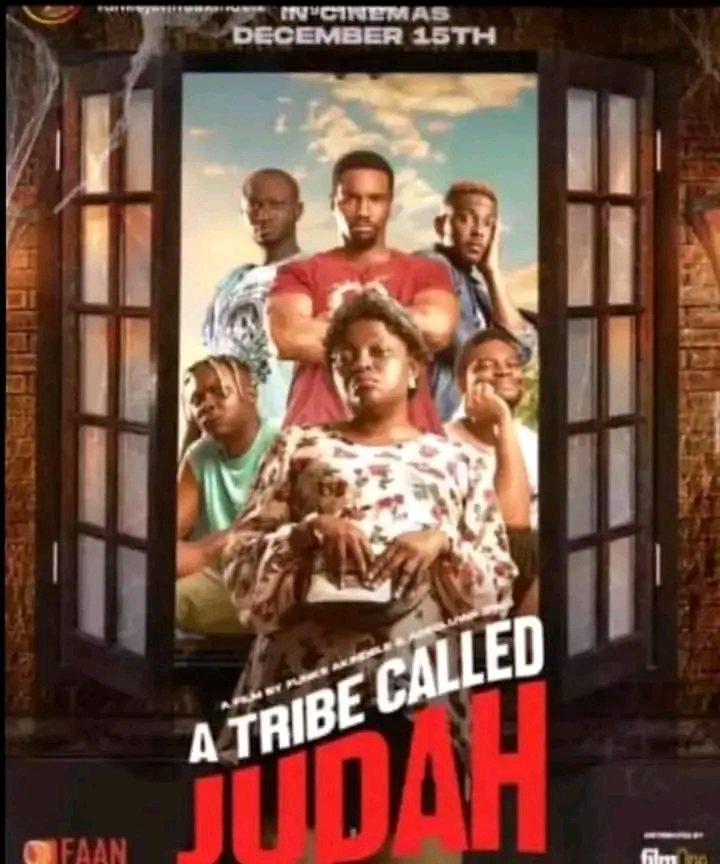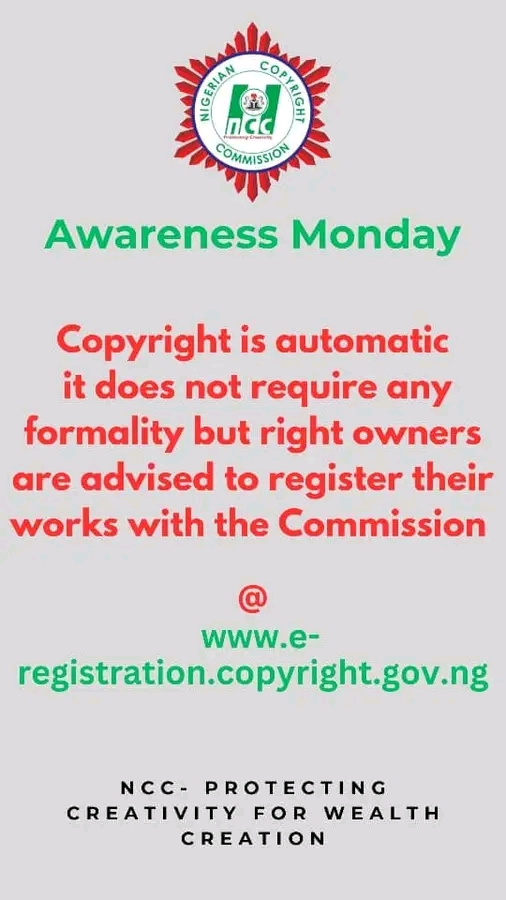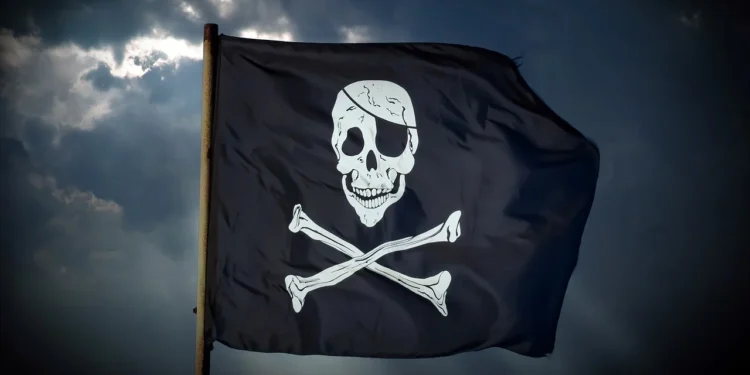On September 27th, three major movies were released to the public. Two of them, Queen Lateefah by Wumi Toriola and The Farmer’s Bride, hit cinemas, while Lisabi, directed by Niyi Akinmolayan, was released on Netflix. Something unexpected and rather funny happened the very next day. Some individuals on Facebook brazenly admitted to downloading Lisabi from illegal sites without any fear of consequences. The situation escalated when someone, during a live video, asked Wumi Toriola when Queen Lateefah would be available on YouTube. That question had me rolling with laughter because, as expected, Wumi didn’t hesitate to put the person in their place.

But this incident left me pondering a crucial question: Do Nigerians really know that piracy is a crime? Sure, some do, but does the majority? According to a PwC report, the Nigerian film industry contributed 239 billion naira ($660 million) to the country’s GDP in 2021, making up about 2.3% of the total GDP. The same report projects that the industry could generate $1 billion in export revenue soon. We witnessed A Tribe Called Judah by Funke Akindele rake in over 1 billion naira in just a few weeks after its release in cinemas in 2023. However, in those same few weeks, the film was already available on illegal channels like Telegram.

The Growth of Nollywood and the Threat of Piracy
Nigeria’s film industry, Nollywood, has come a long way. We’ve transitioned from the era of VHS and VCDs to the age of cinema and streaming. In the early 2000s, a new wave of filmmakers emerged, many of whom had formal training in filmmaking. Their works, such as The Figurine (2009), Ijé (2010), and The Wedding Party (2016), stood out for their high production quality, more complex narratives, and larger budgets compared to the older films that focused mostly on moral lessons.

With the introduction of streaming giants like Netflix, the Nigerian film industry received a significant boost. Even before Netflix officially launched in Nigeria in 2020, the platform had already been hosting Nigerian films and collaborating with local filmmakers. Soon after, Amazon Prime Video also entered the scene, creating a competitive atmosphere for the domination of the Nigerian market. Both platforms have been instrumental in growing the industry, with Netflix committing $23.6 million to over 250 locally-produced and co-produced video content since 2016.
Copyright Laws and the Fight Against Piracy
The Nigerian Copyright Act, first passed in 1988, is the main legislation that governs piracy and copyright infringement. It was established to protect intellectual property, including films, and is enforced by the Nigerian Copyright Commission (NCC). Under the old Copyright Act, “cinematograph films” were protected, defined as a sequence of visual images that could be shown as a moving picture, along with any associated soundtracks.
However, with the introduction of the new Copyright Act in 2022, the term “cinematograph films” was replaced by “audiovisual works.” The updated definition includes a series of visual images with or without sound, which can be shown as moving pictures. This broader definition encompasses modern forms of media.

The new Act also provides more robust mechanisms for dealing with copyright infringement, especially in the digital age. For instance, copyright owners can now issue notices to service providers, asking them to take down infringing content hosted on their platforms. If the service provider fails to act, they are liable for breach of duty and copyright infringement, just like the person responsible for uploading the content.This provision is key to helping combat the unauthorized distribution of Nigerian content on social media platforms and websites.
Advocacy and Enforcement: The Way Forward for Nollywood
While these legal provisions are helpful, more needs to be done. The Nigerian Copyright Commission (NCC) should partner with other regulatory bodies to raise awareness about piracy. An advocacy campaign, educating the public on the crime of piracy, could make a significant difference. Filmmakers, too, must stand their ground and pursue legal action when their works are pirated. It’s not enough to let these issues slide. Enforcement is key—laws are only as good as their application.
Piracy cannot be eradicated entirely, but it can be reduced. Nollywood, which has become a shining light in the global film industry, deserves better than to be crippled by piracy. By ensuring that laws are enforced and the public is made aware, we can protect the incredible growth and potential of the Nigerian film industry for years to come.After all, Nollywood has come too far to be held back now.

















